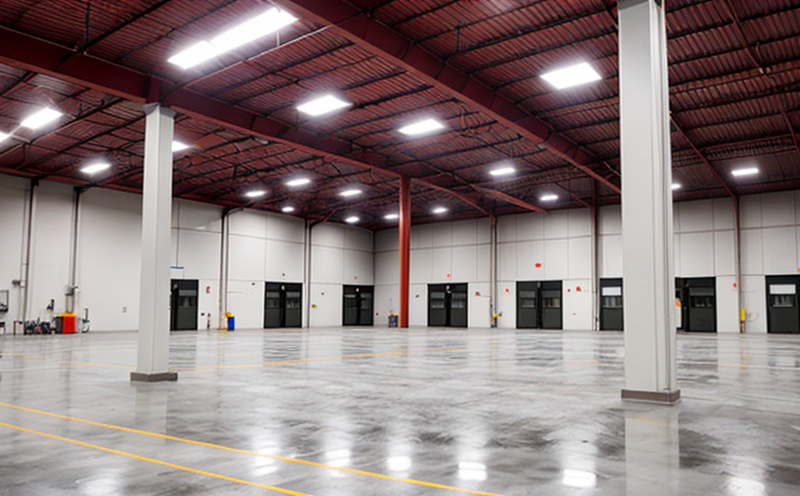Evaluating Humidity Control Systems for Industrial HVAC Applications
Evaluating Humidity Control Systems for Industrial HVAC Applications A Crucial Service for Businesses
As an industrial facility manager, youre likely aware of the importance of maintaining optimal indoor air quality and temperature levels to ensure efficient operations, productivity, and equipment longevity. One often-overlooked aspect of industrial heating, ventilation, and air conditioning (HVAC) systems is humidity control. Uncontrolled humidity can lead to a range of issues, from mold growth and equipment damage to reduced product quality and increased energy consumption. In this article, well delve into the world of evaluating humidity control systems for industrial HVAC applications, highlighting the benefits and importance of this laboratory service provided by Eurolab.
The Importance of Humidity Control in Industrial Settings
Humidity plays a significant role in various industrial processes, including manufacturing, storage, and research. Uncontrolled humidity can lead to
Reduced equipment lifespan due to corrosion and wear
Increased energy consumption for heating or cooling systems
Mold growth and contamination, compromising product quality
Discomfort and decreased productivity among employees
A well-designed humidity control system is essential to prevent these issues and maintain a healthy indoor environment.
Advantages of Evaluating Humidity Control Systems
Evaluating your industrial HVAC systems humidity control capabilities offers numerous benefits. Some of the key advantages include
Benefits for Industrial Facilities
Improved equipment lifespan By maintaining optimal humidity levels, you can extend the life of critical equipment and reduce replacement costs.
Enhanced productivity A comfortable working environment boosts employee morale and focus, leading to increased productivity and efficiency.
Reduced energy consumption Proper humidity control helps optimize heating and cooling systems, minimizing energy waste and lowering utility bills.
Better product quality By controlling humidity levels, you can prevent contamination, spoilage, and damage to goods in storage or production areas.
Benefits for Industries
Manufacturing Ensure precise temperature and humidity conditions for delicate processes, like printing or food processing
Storage Maintain optimal humidity levels for long-term storage of sensitive materials, such as electronics or textiles
Research and Development Provide a stable environment for experiments, ensuring accurate results and minimizing errors
Benefits for Bottom Line
Cost savings Reduce energy consumption, equipment replacement costs, and potential losses due to product damage
Increased efficiency Minimize downtime and optimize system performance with precise humidity control
Enhanced reputation Demonstrate commitment to indoor air quality and employee comfort, boosting your companys image
QA Evaluating Humidity Control Systems for Industrial HVAC Applications
Q1 What is the ideal humidity range for industrial facilities?
A The ideal humidity range varies depending on specific industry requirements. Typically, a relative humidity (RH) between 30 and 60 is considered optimal.
Q2 How often should I evaluate my facilitys humidity control system?
A Regular evaluations are essential to ensure your system remains effective. Schedule assessments at least every 6-12 months or whenever theres a change in production, equipment, or environmental conditions.
Q3 What tools and techniques do you use for evaluating humidity control systems?
A Our team employs advanced technologies, including psychrometers, hygrometers, and data loggers, to measure temperature, humidity, and air quality parameters. We also conduct site surveys and reviews of existing documentation to identify areas for improvement.
Q4 How long does the evaluation process take?
A The duration of an evaluation depends on the size of your facility, complexity of the system, and any issues identified during the assessment. Typically, our team completes evaluations within 1-5 days, depending on the specific requirements.
Conclusion
Evaluating humidity control systems for industrial HVAC applications is a critical service that can significantly impact your businesss bottom line. By understanding the benefits and importance of this laboratory service, you can make informed decisions about investing in optimal indoor air quality solutions. At Eurolab, our team of experts provides comprehensive evaluations to ensure your facility operates efficiently, safely, and productively.
Dont let humidity-related issues compromise your operations. Contact us today to schedule an evaluation and take the first step towards a healthier, more productive work environment.




